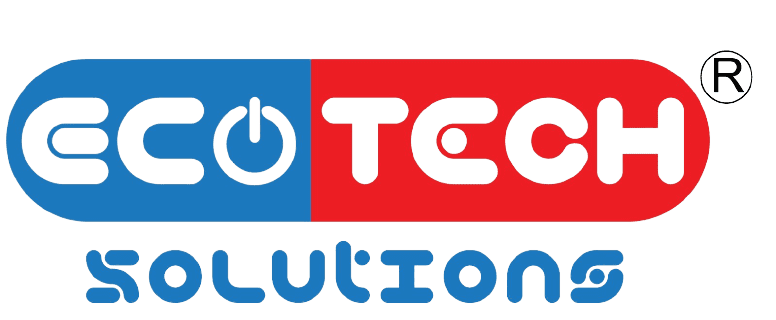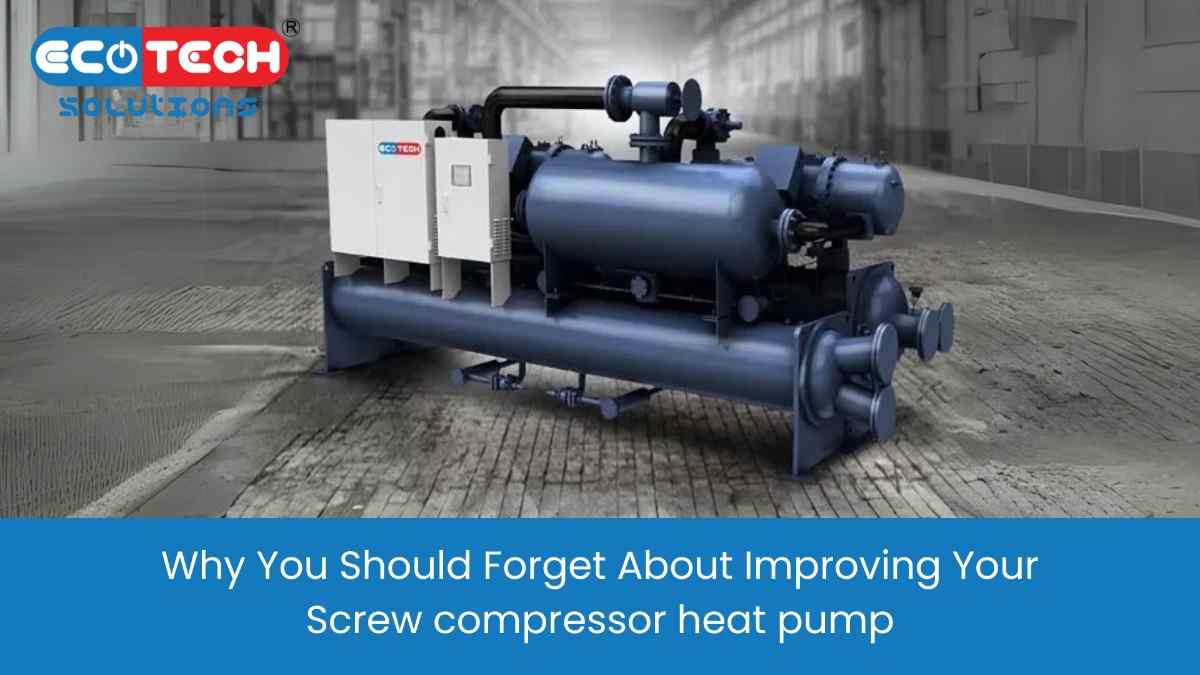Screw compressor heat pumps are widely used in industrial and commercial heating/cooling applications due to their efficiency and reliability. However, many businesses invest heavily in upgrading or improving these systems without considering whether it’s truly cost-effective.
In this article, we’ll explore:
✔ Why constant improvements may not be the best approach
✔ The limitations of screw compressor heat pumps
✔ More efficient alternatives worth considering
✔ Cost-benefit analysis of upgrades vs. replacements
By the end, you’ll understand whether improving your screw compressor heat pump is really the best move for your business.
1. The Hidden Costs of Improving Screw Compressor Heat Pumps
1.1 Diminishing Returns on Efficiency Upgrades
While manufacturers promote “high-efficiency” screw compressors, the reality is that older models have physical limitations. Even with upgrades like:
- Variable speed drives (VSD)
- Advanced control systems
- Better lubricants
The energy savings may not justify the investment compared to newer technologies.
1.2 High Maintenance & Repair Costs
Older screw compressor heat pumps require:
✔ Frequent oil changes
✔ Bearing replacements
✔ Rotor wear inspections
These maintenance costs add up, making continuous improvements a financial burden.
1.3 Compatibility Issues with Newer Refrigerants
Many older screw compressors can’t handle modern eco-friendly refrigerants (e.g., R-32, R-454B). Retrofitting them is expensive and may not meet future regulations.
2. The Limitations of Screw Compressor Heat Pumps
2.1 Not Ideal for Partial Load Conditions
Screw compressors operate best at full load, but most HVAC systems run at partial load most of the time. This leads to:
➔ Lower efficiency
➔ Higher wear and tear
2.2 Noise & Vibration Problems
Unlike scroll or centrifugal compressors, screw compressors produce more noise and vibration, requiring additional dampening systems.
2.3 Limited Temperature Range
Screw compressors struggle with:
- Very low ambient temperatures (below -10°C)
- High-temperature applications (above 60°C)
This restricts their use in extreme climates.
3. Better Alternatives to Screw Compressor Heat Pumps
Instead of endlessly improving an outdated system, consider these more efficient alternatives:
3.1 Scroll Compressor Heat Pumps
✔ Quieter operation
✔ Better efficiency at partial loads
✔ Lower maintenance costs
3.2 Centrifugal Compressor Heat Pumps
✔ Ideal for large-scale applications
✔ Higher energy efficiency
✔ Longer lifespan
3.3 Magnetic Bearing Turbocompressors
✔ Oil-free operation
✔ Minimal maintenance
✔ Ultra-high efficiency
4. When Should You Replace Instead of Improve?
4.1 Age of the System
If your screw compressor is over 10-15 years old, retrofitting may not be worth it.
4.2 Rising Energy Bills
If efficiency drops more than 20-30%, a new system could pay for itself in 3-5 years.
4.3 Frequent Breakdowns
Constant repairs signal that the system is nearing the end of its lifespan.
5. Cost-Benefit Analysis: Upgrade vs. Replace
| Factor | Upgrading | Replacing |
|---|---|---|
| Initial Cost | Moderate | High |
| Long-Term Savings | Low | High |
| Efficiency Gain | 10-20% | 30-50%+ |
| Maintenance Costs | Still High | Much Lower |
| Lifespan Extension | 3-5 years | 10-15+ years |
Verdict: Unless your screw compressor is relatively new, replacement is often the smarter choice.
6. Conclusion: Is Improving Your Screw Compressor Heat Pump Worth It?
While screw compressor heat pumps have been a reliable choice for decades, improving old systems may not be the best investment. With advancements in scroll, centrifugal, and magnetic bearing compressors, newer technologies offer:
✅ Higher efficiency
✅ Lower operating costs
✅ Better reliability
Before spending money on upgrades, evaluate whether a full replacement is the better long-term solution.


